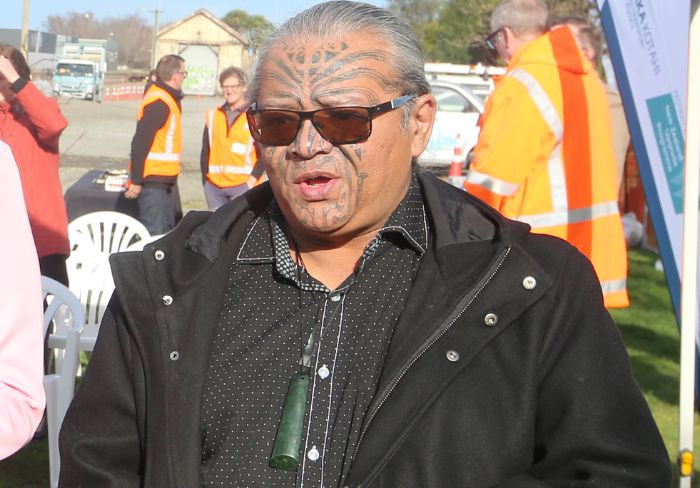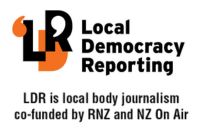Rūnanga appeals Canterbury water rehab project consent

Local rūnanga are appealing the consent approval for the expansion of a significant Mid Canterbury water rehabilitation project, as they fear the move will put added pressure on the Rangitata River.
However, the trust behind the environmental project says the decision to appeal "is a kick in the guts" for the district.
Commissioners granted resource consents to Rangitata Diversion Race Management and Hekeao Hinds Enhancement Trust on April 30 to expand the groundwater rehabilitation project.
Te Rūnanga O Arowhenua, which had opposed the consent application, filed its appeal to the Environment Court on May 21.
The consents are to source water from the Rangitata Diversion Race to operate water aquifer and recharge sites at 37 locations, 15 existing and 22 new sites.
The aquifer sites contain infiltration basins, which act like big leaky ponds.
The basins are filled with high-quality water that seeps down and recharges the groundwater.
In the consent decision, the independent panel stated the consent applications were only about what RDRML’s existing allocation could be used for.
“There is no take application before us,” the consent decision stated.
Te Rūnanga o Arowhenua argued that the panel got that aspect of the decision, and some other factors, wrong.
Upoko (head) Tewera King said Arowhenua “do not agree with the concept of taking water from one water body, and using it, in the way that has been proposed here, to improve unhealthy water”.
“It is not addressing the fundamental problem of why water is unhealthy in the first place.
“We believe the decision we are appealing would result in an increased actual take of water from the Rangitata River in circumstances where the river is already over-allocated.
“It also further diminishes the effectiveness of the Rangitata Water Conservation Order to protect outstanding characteristics of the river that are highly valued by Kāti Huirapa (hapū of Ngāi Tahu).
“We demand long-term thinking that provides for intergenerational prosperity and resilience.”

Arowhenua wants the decision overturned and the application to be declined.
Hekeao Hinds Enhancement Trust chairperson Peter Lowe said he was disappointed by the appeal.
The environmental enhancement project had been set up by an inclusive, collaborative process, which included Arowhenua, he said.
“Its proven track record of positive environmental gains to biodiversity and water bodies was recognised by the independent commissioners in granting consents to expand the project,” Lowe said.
“To have this decision appealed is a kick in the guts for our district, the collaborative design process, and not least our environment and biodiversity.”
Arowhenua had supported the initial water enhancement project starting in 2016 but has opposed the planned expansion of the project.
The appeal comes at the same time that Ngāi Tahu’s High Court case against the Crown to get a declaration that the tribe has legal rights over freshwater in its territory - an attempt to get real engagement on designing a better way to manage lakes, rivers and waterways that are becoming increasingly polluted.
Frustration at ‘long, expensive’ process
The consents were initially lodged in 2022 and approved by the independent commissioners in April.
Hekeao Hinds Enhancement Trust now faces potentially another year before it can get the expansion up and running, with the environment losing out, Lowe said.
Lowe was scathing of ECan’s consent process when providing an update to the Ashburton Water Zone Committee on Tuesday.
“They have put us through an extremely long, expensive, and torturous process.
“I think they need to hang their heads in shame to what they have done to this community.”
The consenting process has cost the trust almost $600,000 so far.
The Trust's sole funding source is from ECan, through the Targeted Hinds Regional Environmental Infrastructure Rate.
That is causing community frustration as the service they are being rated for isn’t being met due to the ongoing consent process, and subsequent appeal, Lowe said
Water and land manager Pim De Monch said ECan continue monitoring the funding to ensure it’s being used for its intended purpose.
“We appreciate the Trust’s environmental infrastructure work programme is complex and long-term, and it takes time to be able to scope, consent, and deliver it.”
ECan regulatory Implementation general manager Paul Hulse said the new resource consents will not proceed until any appeals to the Environment Court are resolved.
“HHWET can continue operating under their existing consents in the meantime.”
By Jonathan Leask

